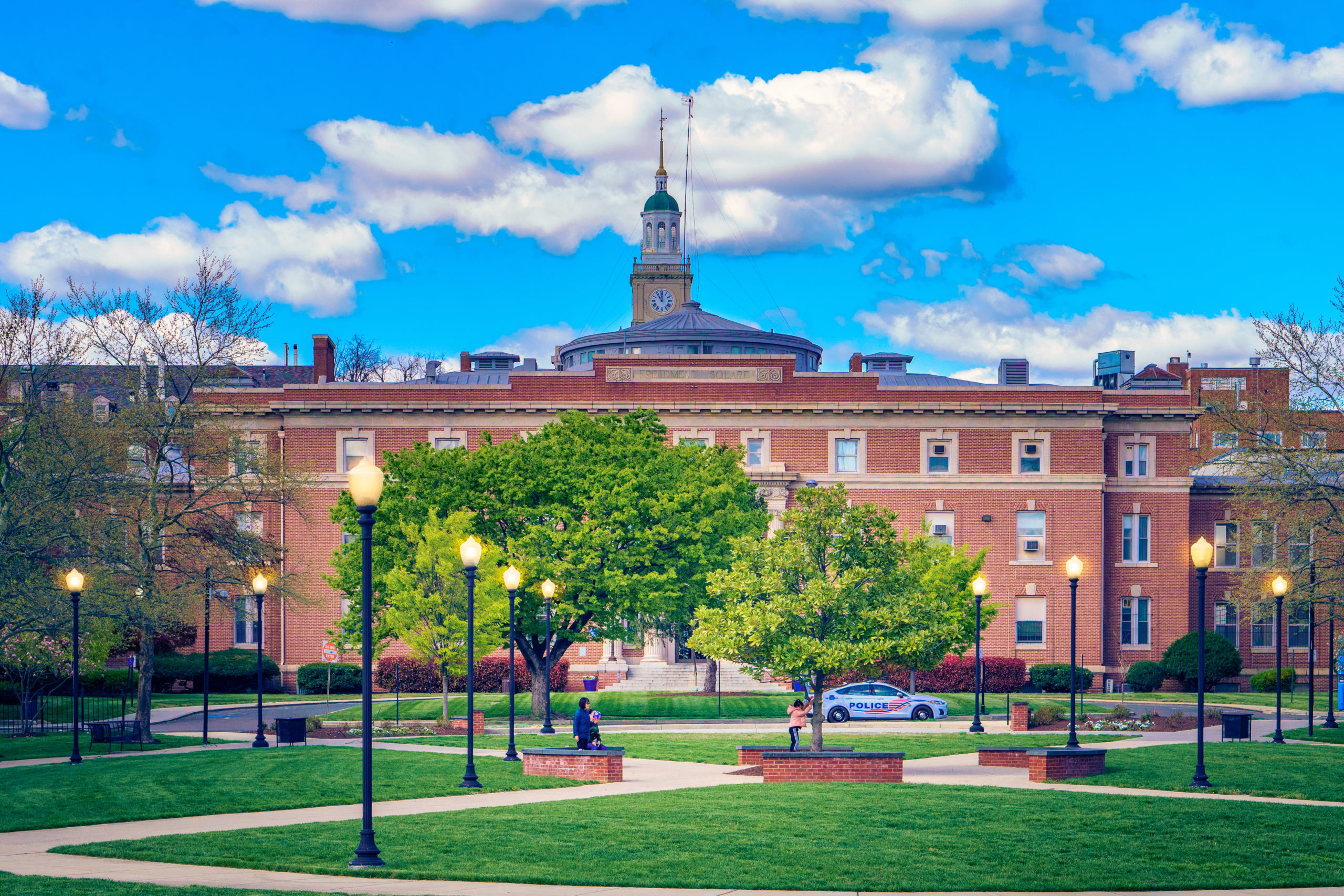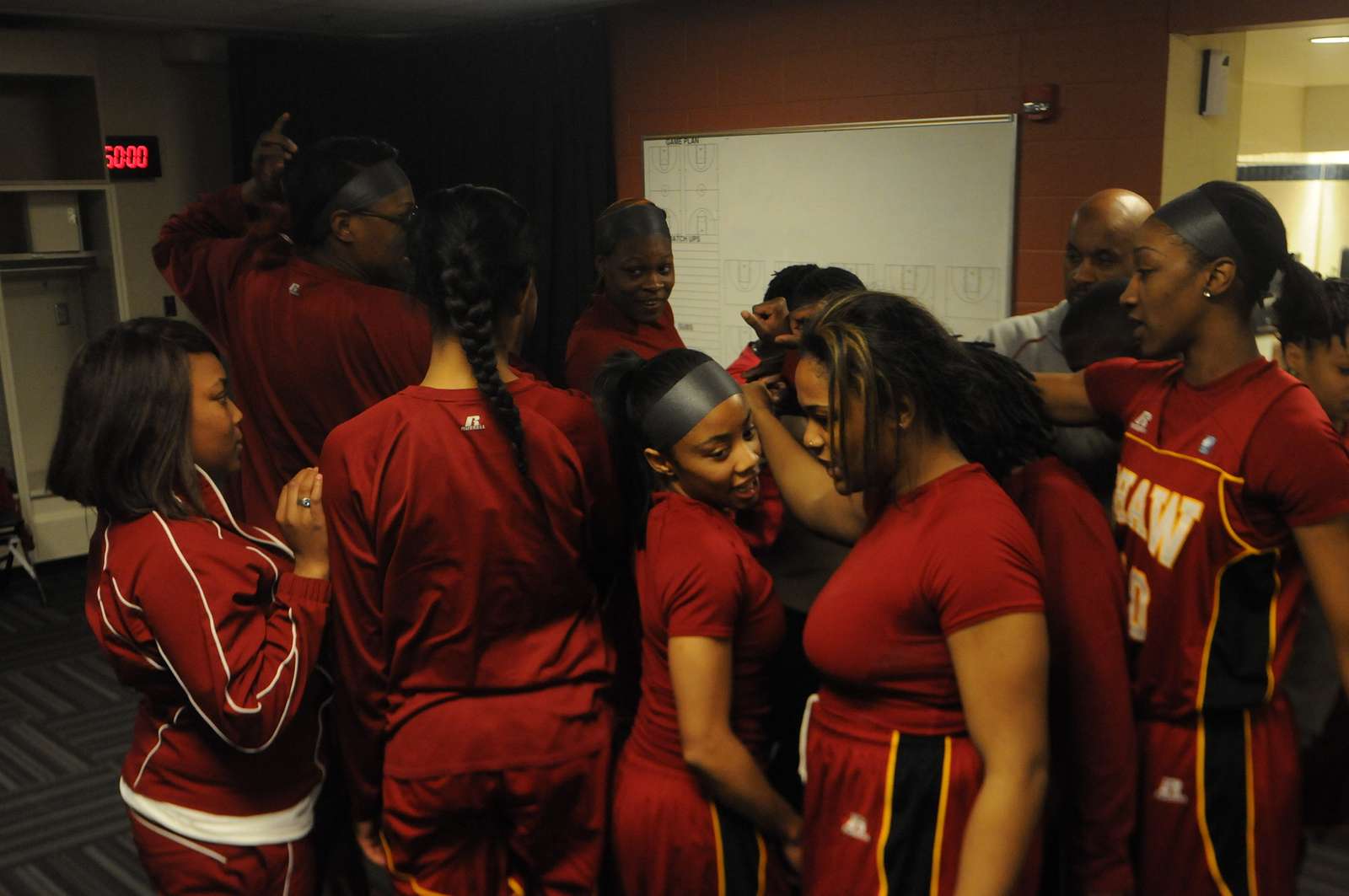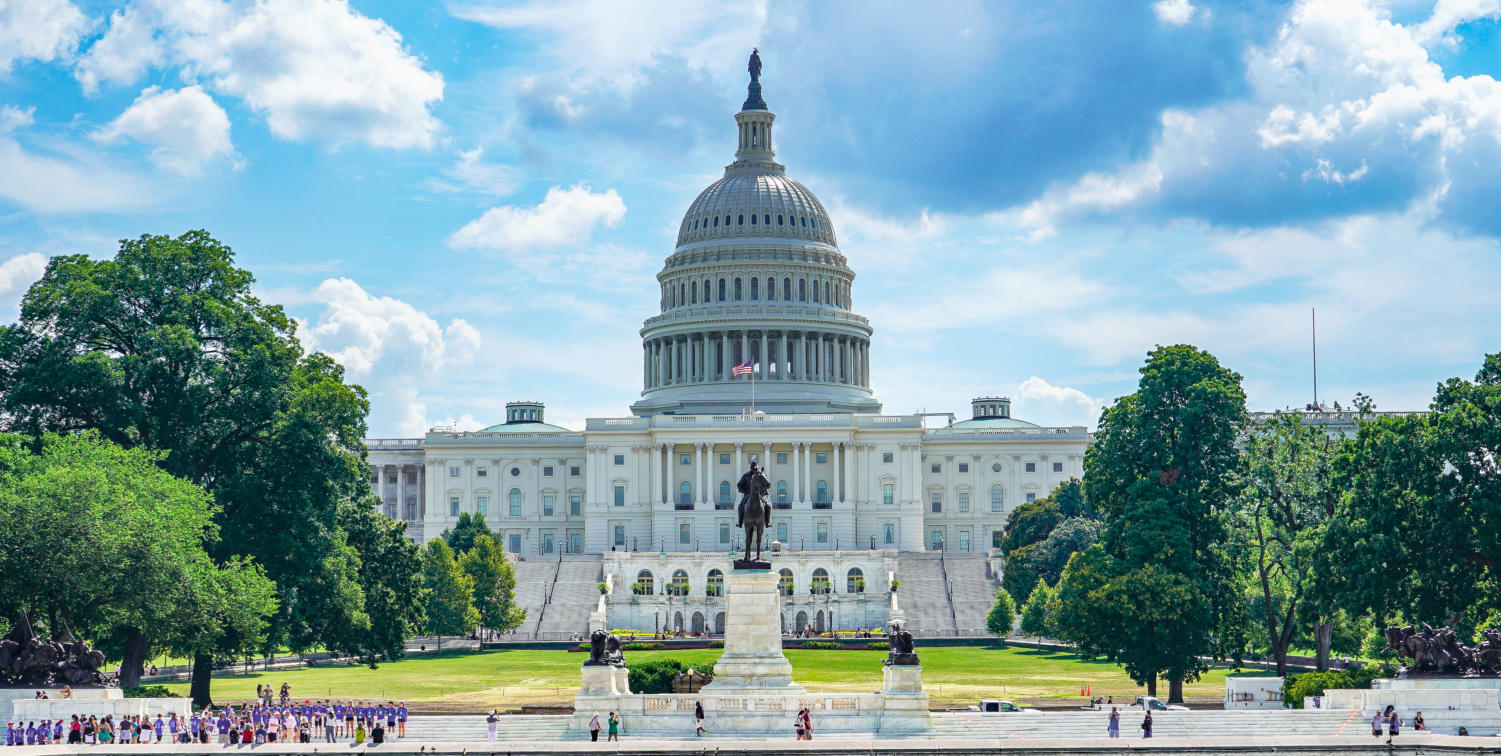Why HBCUs Are Still Relevant
Historically Black Colleges and Universities (HBCUs) have been an integral part of American higher education for over 150 years. Despite their long history, some question the relevance of HBCUs in the 21st century. In this blog post, we’ll explore why HBCUs are still relevant today and how they continue to have a positive impact on students, communities, and society as a whole.
 Source : upload.wikimedia.org
Source : upload.wikimedia.orgHistory of the HBCU
HBCUs have a long and celebrated history in the United States. For over 100 years, they have been providing educational opportunities to marginalized groups that had limited access to higher education. HBCUs were established in response to the racism and segregation of the time and created an environment that empowered African American students and allowed them to pursue their educational goals. HBCUs have since become known for their commitment to diversity and for providing an environment that is supportive and encouraging of students from all backgrounds. HBCUs have also been credited with helping to shape leaders in the African American community who have gone on to make lasting contributions to the nation. Source : saportakinsta.s3.amazonaws.com
Source : saportakinsta.s3.amazonaws.comThe Impact of HBCUs on Education
For more than a century, HBCUs have provided educational and economic opportunities for minorities, instilling values of leadership and providing a safe haven for those who may be disadvantaged due to their race, class, or ethnicity. The impact of HBCUs on education has been profound, from their role in creating the first African American doctorates in the United States, to their current role in providing a pathway to higher education and success for many minority students. HBCUs have been able to close the achievement gap in K-12 learning, and provide students with access to resources and support that are not available at other universities. Furthermore, HBCUs have become increasingly important in providing an avenue for minority students to pursue careers in the STEM fields, and in encouraging diversity in professional fields. The impact of HBCUs on education is truly impressive, and they continue to be an essential part of the higher education system.
 Source : live.staticflickr.com
Source : live.staticflickr.comThe Role of HBCUs in Society
HBCUs have always been a crucial part of society, providing educational opportunities to minorities that they may not have been able to find in traditional higher education settings. This is especially true today, as the achievement gap in K-12 learning persists, and minority students are still under-represented in many professional fields. HBCUs provide an important safe haven for Black students to be surrounded by a supportive environment and build self-esteem and socialization skills that will help them succeed in the future. Additionally, HBCUs give students from low-income backgrounds access to resources that will help them succeed and are helping to close the economic and social gaps between different demographics in our society. Source : cdn.aaihs.org
Source : cdn.aaihs.orgHBCUs and Economic Empowerment
For more than 100 years, HBCUs have been providing economic opportunities to minority students. These institutions are not only creating leaders within their communities but also in the nation. As such, HBCUs are a cornerstone of economic empowerment for minority students. By providing students with a safe and nurturing environment, HBCUs enable students to gain the skills and knowledge necessary to succeed in their chosen fields. This helps to bridge the achievement gap in K-12 education and to reduce disparities in economic development.HBCUs also provide access to resources that can further empower students economically. These resources can include internship and job opportunities, as well as access to financial aid and scholarships. Through these resources, students can gain access to the career paths and opportunities they may not have had otherwise.
In addition, HBCUs provide support to students looking to enter professional fields in which they are under-represented. By offering career advice, networking events, and mentorship programs, HBCUs give students the support they need to pursue their professional goals. Furthermore, the presence of HBCUs in the professional world serves as a reminder of the importance of diversity and inclusion in all sectors of the economy.
 Source : www.dcpolicycenter.org
Source : www.dcpolicycenter.orgHBCUs and Social Mobility
HBCUs have long been a source of social mobility for minorities. Their mission to provide educational opportunities to disadvantaged students has allowed generations of students to break the barriers of poverty and racial inequality. The availability of scholarships, grants, and other forms of financial aid has enabled many students to attend college that otherwise would not have had the resources to do so. Moreover, the academic, cultural, and social environment of an HBCU often provides a much needed sense of belonging for many students or other minorities who may not have felt welcomed elsewhere. This sense of belonging has enabled many students to excel academically and professionally, contributing to the economic, social, and cultural advancement of their communities. Source : placesjournal.org
Source : placesjournal.orgHBCUs and Access to Resources
HBCUs provide students with access to resources and opportunities that would otherwise not be available to them. From mentorship programs to research opportunities, HBCUs offer students the tools they need to succeed. HBCUs also provide resources such as financial aid and scholarships to help students offset the cost of tuition. This is especially important for minority students who may not have access to the same resources as their peers. In addition, HBCUs often have relationships with local businesses and organizations that can help students find internships and jobs. As such, HBCUs are essential for students who are looking to gain access to resources that will help them succeed in their chosen field. Source : cdn2.picryl.com
Source : cdn2.picryl.comHBCUs and Student Success
Since their inception, HBCUs have been dedicated to helping students succeed academically and beyond. They have a long history of providing students with an education that is tailored to their needs and cultural background. This has allowed HBCU students to thrive in an environment that understands and values their identity and heritage.HBCUs have also been successful in helping students narrow the achievement gap. They provide access to resources and support services such as tutoring and mentoring, which can help close the gap between Black students and their white counterparts. HBCUs also offer specialized programs to help students succeed academically, such as those focused on math and science, which are essential for those seeking to enter STEM-related fields.
Furthermore, HBCUs provide access to a network of alumni and supporters, who can provide career advice, job leads, and professional development opportunities. This network of alumni and supporters is invaluable for students seeking to launch successful careers after graduation.
The quality of instruction at HBCUs is also unparalleled. Many of the faculty members are experts in their fields, and they are passionate about helping students learn and succeed. This helps to create an environment where students can feel safe and supported while learning.
Finally, HBCUs provide a sense of community for students. This is particularly true for those students who come from underrepresented backgrounds. At HBCUs, students can find a sense of belonging and are supported and encouraged in their endeavors.
 Source : fromtheprow.agu.org
Source : fromtheprow.agu.orgHBCUs and Diversity in Professional Fields
The HBCUs have played a critical role in creating a pathway to success for many minorities in professional fields. HBCUs have been a key source of access to resources and education for African American students, providing a safe haven to pursue higher education and develop skills needed to succeed in the workplace. HBCUs have been instrumental in creating an environment where African American students can excel and break stereotypes. For example, in STEM fields, African American students are more likely to receive a degree from an HBCU than any other type of institution. HBCUs are also leading the way in other professional fields such as business, law, and medicine. HBCUs provide a unique environment of support and mentorship which helps students to develop the skills and knowledge they need to be successful in their chosen field. This is why it is important to support HBCUs and ensure that they remain relevant in today's higher education system. Source : upload.wikimedia.org
Source : upload.wikimedia.orgThe Role of Philanthropy in Supporting HBCUs
Philanthropy has long been an integral part of the success of HBCUs. It has provided necessary funds to ensure the continuation of their mission and operations. From alumni donations to corporate grants, philanthropic support has enabled HBCUs to continue offering quality education to those in need.The UNCF, the nation's largest private provider of scholarships and other financial aid to African American students, has provided more than $4.8 billion in aid to over 500,000 students since its founding in 1944. This organization is a prime example of philanthropy in action, as it has helped countless students in their pursuit of higher education opportunities.
Moreover, the efforts of individual donors and corporate sponsors have enabled HBCUs to remain resilient in the face of economic hardship. Through generous donations, these individuals and organizations have enabled HBCUs to cover the cost of tuition, books, and other necessary materials.
In addition, private foundations and organizations have provided significant funding to support the research and development of HBCUs. This has allowed the institutions to stay competitive and remain on the cutting edge of technology and innovation.
Philanthropy is essential to the success of HBCUs and has enabled them to remain relevant in today's higher education system. By supporting the continued growth and development of HBCUs, philanthropists have ensured that future generations will have access to important resources and opportunities for success.
 Source : cvhsscribe.com
Source : cvhsscribe.com
Comments
Post a Comment